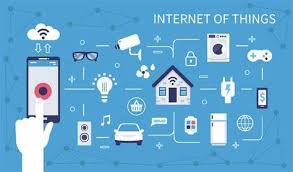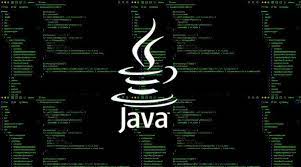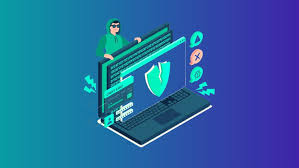Description
About the course
This course helps you to learn and understand the fundamentals of the Internet of Things (IoT), which at present is the most popular technology around the world. This course provides you the insights into the Internet of Things, which includes sensing, actuation. This course also covers the basics of networking, different types of communication protocols, and sensor networks. In addition to this, the course covers the detailed use of Arduino and the implementation of IoT with Raspberry Pi. Also, you will learn the fundamentals of cloud computing, Smart Cities, Smart Homes, and Connected Vehicles.
Learning Outcomes
After completing this course, you will be able to:
- Generate IoT concepts and design IoT solutions within their area of expertise.
- Evaluate different infrastructure components and network systems.
- Design the basic network for their IoT ideas.
- Apply software solutions for different systems and Big Data to their concept designs and appreciate how data is managed in the network.
- Boost your hireability through innovative and independent learning.
Target Audience
The course can be taken by:
Students: All students who are pursuing any technical/professional courses, and wish to enter the field of IoT.
Teachers/Faculties: All teachers/faculties who want to learn and understand the fundamentals of the Internet of Things.
Professionals: All working professionals, who want to enhance their skills.
Why learn IoT?
The government, academia, and industry are involved in various aspects of research, implementation, and business with IoT. IoT the most popular technology and finds its application in different domains in civilian and defense sectors, including the domain of agriculture, space, healthcare, manufacturing, construction, water, and mining, which are presently transitioning their legacy infrastructure to support IoT. Today it is possible to envision pervasive connectivity, storage, and computation, which, in turn, gives rise to building different IoT solutions. IoT-based applications such as innovative shopping system, infrastructure management in both urban and rural areas, remote health monitoring and emergency notification systems, and transportation systems, are gradually relying on IoT based systems. Therefore, it is very important to learn the fundamentals of this emerging technology.
Economically, the Internet of things could have a significant impact in the years ahead. According to analysis from the McKinsey Global Institute, the potential economic impact of the IoT in 2025, including consumer surplus, could be anything between $3.9 and $11.1 trillion. Elsewhere, Accenture has estimated that the industrial the Internet of things could add $14.2 trillion to the global economy by the year 2030. IoT will affect most industries and business sectors - around 30% of tasks and up to 60% of occupations could be automated, and almost every occupation has the potential for partial automation (Source: McKinsey Global Institute). IoT is leading to the creation of new jobs, where people who understand and can leverage the IoT to create solutions will be greatly in demand. To remain competitive and successful in the digital economy, professionals should have an understanding of what the IoT is and how it can be used to create business solutions.
Course Features
- 24X7 Access: You can view lectures as per your own convenience.
- Online lectures: 25 hours of online lectures with high-quality videos.
- Updated Quality content: Content is the latest and gets updated regularly to meet the current industry demands.
Test & Evaluation
1. During the program, the participants will have to take all the assignments given to them for better learning.
2. At the end of the program, a final assessment will be conducted.
Certification
1. All successful participants will be provided with a certificate of completion.
2. Students who do not complete the course / leave it midway will not be awarded any certificate.





Reviews
There are no reviews yet.